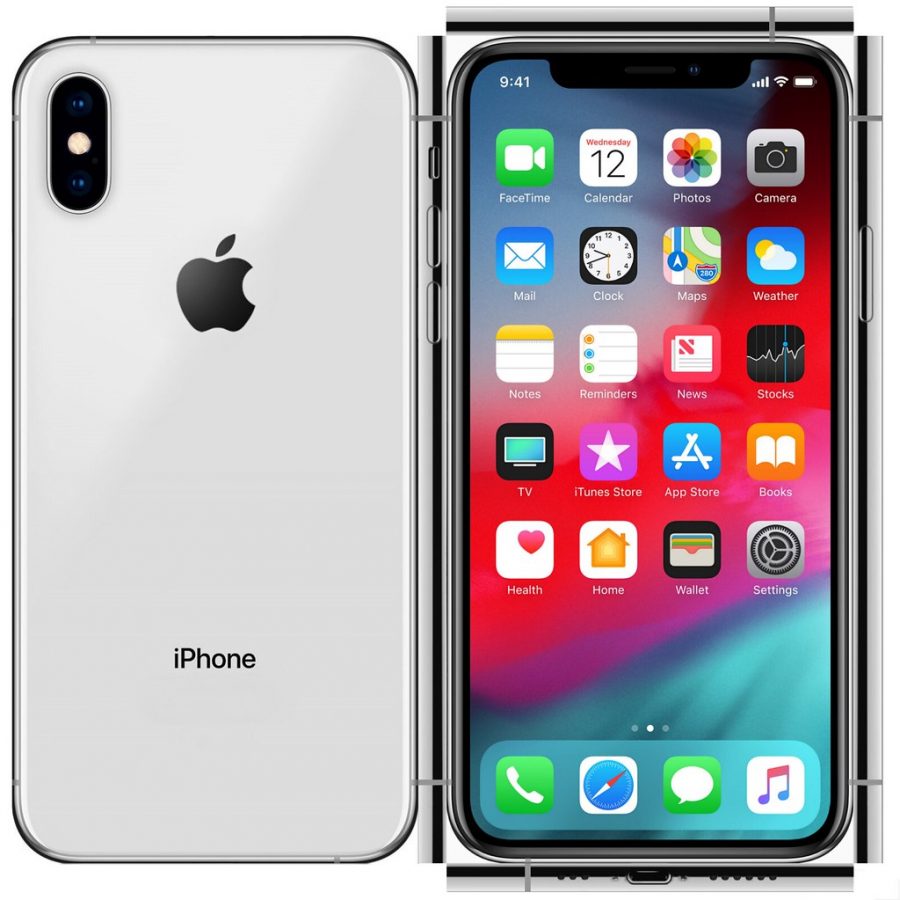Understanding how your phone spies on you
Apple sold 46.89 million iPhones worldwide in 2018, according to Statista.com.
October 28, 2019
Within the last decade, there’s been a lot of talk of the government spying on citizens through mobile phones, laptops, desktops, and other devices.
What started out as just suspicion turned into undeniable facts when in 2013, CIA infrastructure analyst Edward Snowden became a whistleblower by releasing information on how the government spies on every one of us. Now in 2019, for the most part, the general public has an idea of how our phones might be spying on us but don’t have a full understanding of it.
What you first need to understand is that every phone is always connected to the nearest cellular tower. Even when the screen is turned off your phone is constantly communicating through radio frequency emissions to that closest tower. This lets that cellular tower know where your phone is and where you are. How that cellular tower filters out which phone is who’s is through two identifiers that each phone has that is unique to only that phone. The IMEI is burned into the handset of your phone during manufacturing and is going to always be telling the phone network that it is this physical phone handset. The IMSI is in your SIM card and holds your phone number and gives you the right to use that number.
So what does that really mean? When a phone connects to the closest cellular tower, that tower is collecting data for each phone saying that this phone with it’s personalized handset and phone number was connected to this tower at this time. They’re collecting every movement you make. Since your phone movement is directly correlated to your movement as an individual, a permanent record is accumulated of everywhere you have been.
Information like where you were two hours ago or where you went after eating ice cream when you were eight years old used to just disappear since no one was collecting that data. Now, all the information on where you have been is being stored and collected in hopes of that information being useful one day. It doesn’t matter if you are the most ordinary person in the world because that’s how mass surveillance works. The scary part is this is just talking about how phones connect to the phone network. Apps are constantly connecting the phone network too, communicating information about your personal life in some cases even more frequently than your phone.









